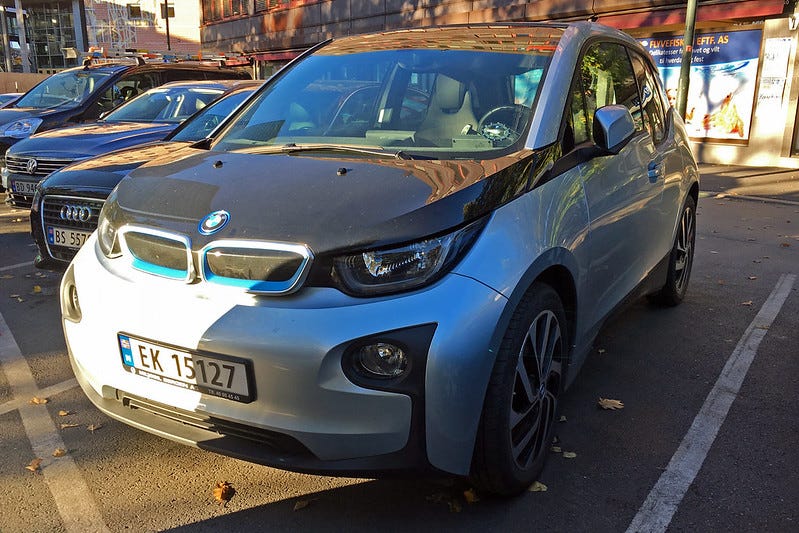News briefs: EVs shine amid recovery, climate plans
Plus, new Congress could power aggressive climate action, and wind-turbine makers hope for a better year

Fueling consumer interest in EVs
From Norway to Massachusetts, electric vehicles are powering consumer change. Massachusetts plans on ending the sale of new gas-powered vehicles by 2035, following California’s lead in an effort to reduce greenhouse gas emissions. The Massachusetts Secretary of Energy and Environmental Affairs office has released a plan outlining the state’s goals for 2030 and beyond. The Hill quotes the report as saying that for the commonwealth to achieve net zero, fossil fuel use must be all but completely eliminated in on-road vehicles by 2050. Things are a bit further ahead in Norway, where electric cars rise to record 54% market share. The Guardian reports Norway became the first country in the world where the sale of electric cars has overtaken those powered by petrol, diesel and hybrid engines last year, with the German carmaker Volkswagen replacing Tesla (TSLA) as the top battery-vehicle producer, data shows. Battery electric vehicles made up 54.3% of all new cars sold in the Nordic country in 2020, a global record, up from 42.4% in 2019 and from a mere 1% of the overall market a decade ago, the Norwegian Road Federation said. Seeking to become the first nation to end the sale of petrol and diesel cars by 2025, oil-producing Norway exempts fully electric vehicles from taxes imposed on those relying on fossil fuels.
Will this be the year of the EV?
The billions of dollars that major automakers have sunk into vehicle development are starting to manifest into mainstream vehicles with features people want, David Ferris writes for E&E News. And the EV will have an ally in President-elect Joe Biden, who has made it a centerpiece of his plan to combat climate change, he adds. The report quotes Nick Nigro, the founder of Atlas Public Policy, as sharing a common view among industry observers: “I’m becoming more optimistic that 2021 could become a breakout year for EVs.”
New Congress members include climate defenders
U.S. congressional leaders have yet to announce committee rosters for the newly launched 117th Congress, but several freshman members will bring energy and climate change-related experience that could shape policy in the next two years regardless of committee assignments, Molly Christian writes in S&P Global Market Intelligence. These include former Colorado Gov. John Hickenlooper, a Democrat, who won Colorado’s open Senate seat. During his campaign, Hickenlooper called for a transition to a 100% renewable energy economy with net-zero emissions by 2050. Retired U.S. Navy pilot and astronaut Mark Kelly, who won the Arizona Senate seat, has not held public office before but is likely to back aggressive action on climate change and clean energy, Christian writes.
Wind-turbine makers see hope in 2021
A year of coronavirus-related disruption and corporate restructurings in 2020 has changed the landscape for wind turbine manufacturing, Camilla Naschert writes for S&P Global. The pandemic has been challenging for a sector heavily reliant on functioning international supply chains, but manufacturers were able to largely shake off the disruption of the initial lockdowns earlier in the year, according to the report, but more recently, ramped-up renewables targets and green recovery plans across Europe have brightened the long-term outlook.
